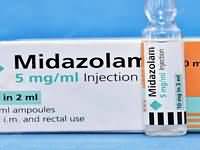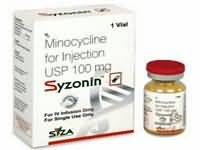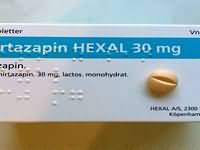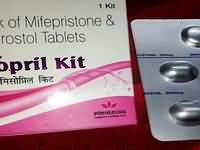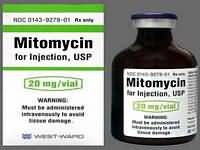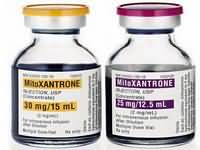Zidovudine
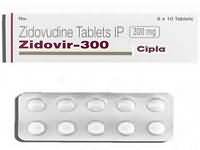
CLINICAL USE
Nucleoside reverse transcriptase inhibitor: Treatment of HIV in combination with other antiretroviral drugs Prevention of maternal-foetal HIV transmissionDOSE IN NORMAL RENAL FUNCTION
Oral: 500–600 mg daily in 2–3 divided doses IV: 1–2 mg/kg every 4 hoursPHARMACOKINETICS
DOSE IN RENAL IMPAIRMENT
GFR (mL/MIN)
DOSE IN PATIENTS UNDERGOING RENAL REPLACEMENT THERAPIES
IMPORTANT DRUG INTERACTIONS
Potentially hazardous interactions with other drugsADMINISTRATION
Reconstition
-Route
IV, oralRate of Administration
1 hourComments
Dilute with glucose 5% infusion to give a final concentration of 2 mg/mL or 4 mg/mLOTHER INFORMATION
Dialysis has little effect on zidovudine, presumably because of rapid metabolism. The glucuronide metabolite (T½ =1 hour) has no antiviral activity and will be significantly removed by dialysis Patients with severe renal failure have 50% higher maximum plasma concentrations 90% of a dose is excreted renally, mostly as the glucuronide. There is substantial accumulation of this metabolite in renal failure Main risk in renal impairment is haematological toxicity
See how to identify renal failure stages according to GFR calculation
See how to diagnose irreversible renal disease
Home
